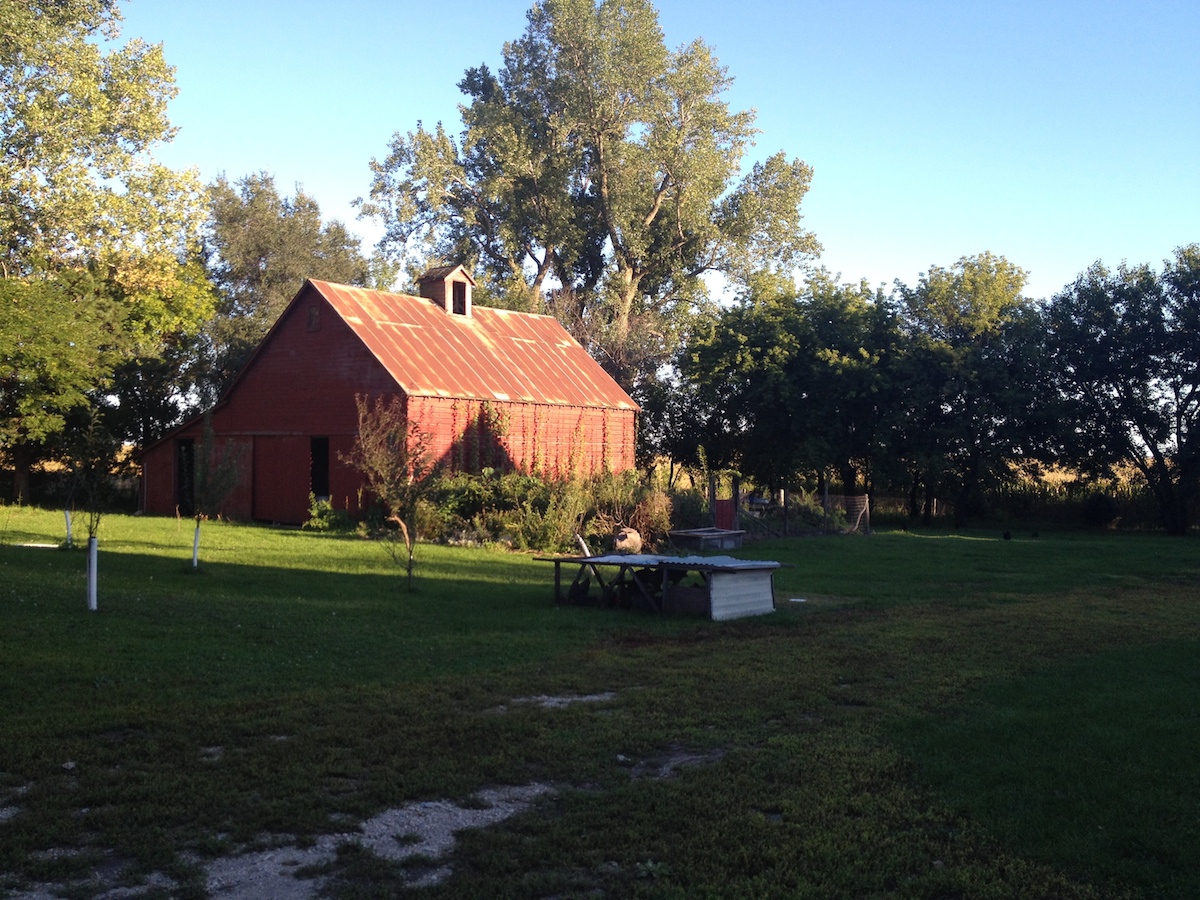Just off a state highway in northern Iowa there is a place called Littlefield Abbey. It’s a two-bedroom farmhouse on about five acres of land on the edge of a small Iowa town that belongs to a pastor at a church in the nearby town. If you don’t know it’s there, you’ll drive right past it down the highway.
Login to read more
Sign in or create a free account to access Subscriber-only content.
Topics:
